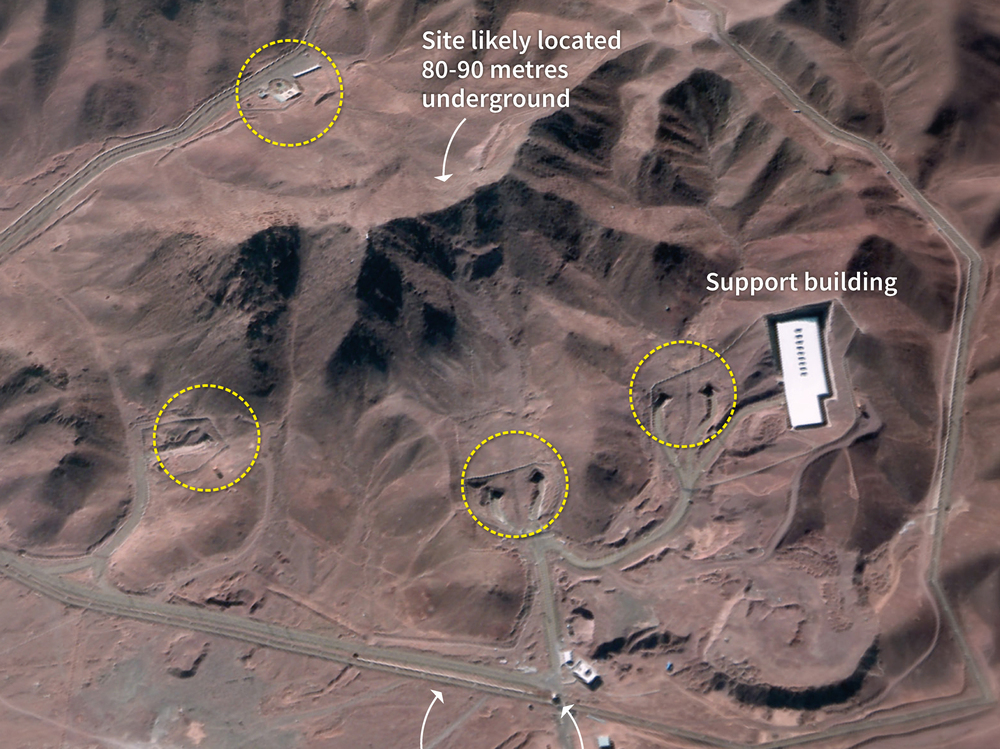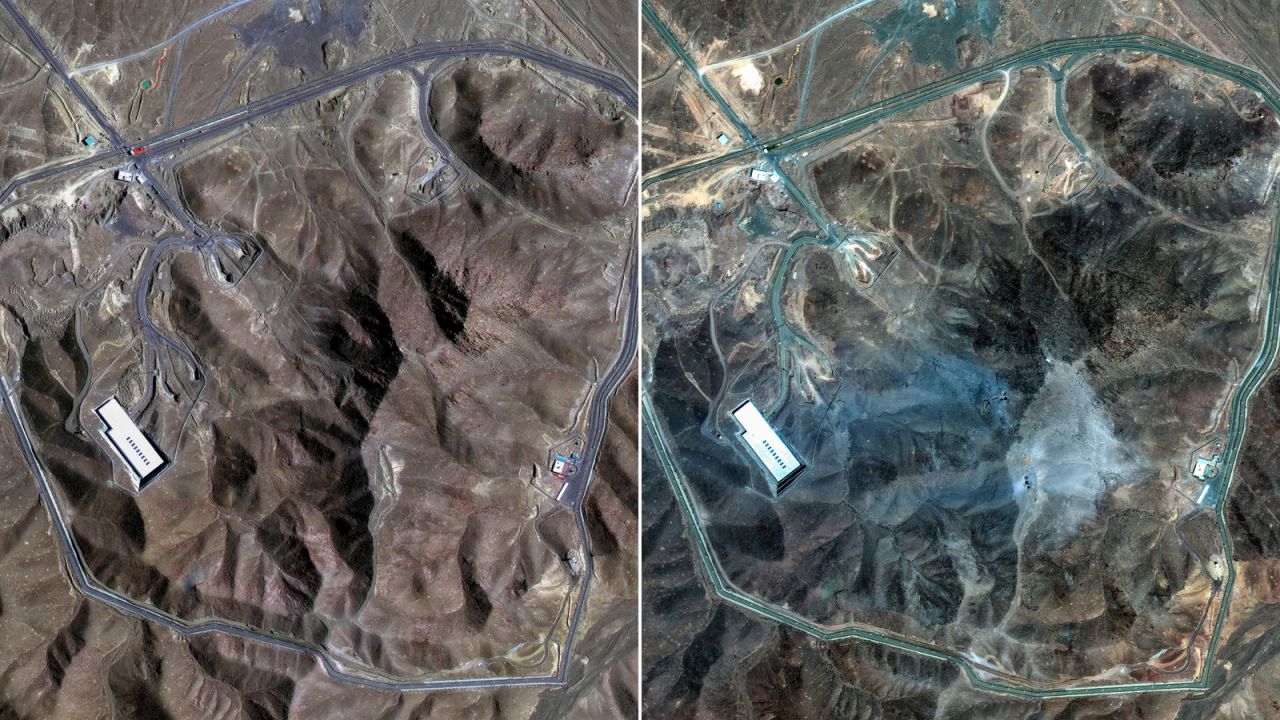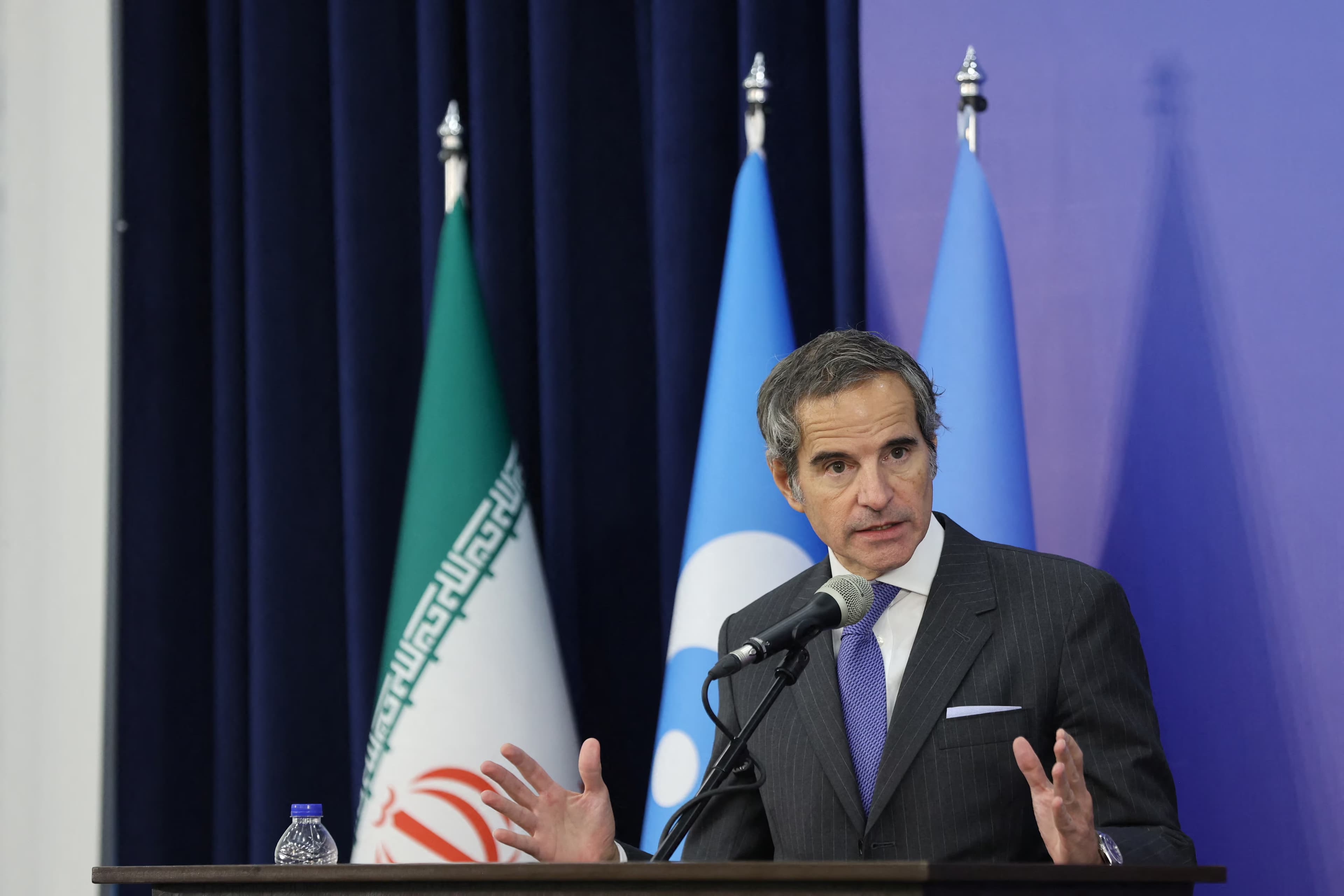Iran Poised to Enrich Uranium Again
In a shocking revelation, Rafael Mariano Grossi, director general of the International Atomic Energy Agency (IAEA), stated that Iran could resume enriching uranium within mere months, following a series of U.S. military strikes on its nuclear facilities earlier this month. This announcement raises urgent questions about the effectiveness of U.S. military interventions and the volatile state of nuclear diplomacy in the region.
U.S. Claims vs. Ground Reality
Despite President Trump"s claims of a "total obliteration" of Iran"s nuclear capabilities, Grossi"s insights present a starkly different reality. According to a preliminary report by the Defense Intelligence Agency, the damage inflicted was significantly less than the U.S. administration has suggested, with many facilities remaining operational. This discrepancy highlights the need for a more transparent and fact-driven assessment of military actions.
Limited Damage Claims Under Scrutiny
While Trump and his officials touted the airstrikes as a historic success, Grossi indicated that Iran"s nuclear ambitions are far from extinguished. Reports suggest that while some facilities were damaged, Iran"s sophisticated nuclear technology and knowledge remain intact, allowing them to quickly ramp up enrichment processes. This situation underscores the potential for increased tensions and the urgent need for diplomatic engagement.

What We Know About Iran"s Nuclear Program | NCPR News
Iran"s Nuclear Knowledge Remains Unharmed
Grossi pointed out that even if immediate enrichment capabilities are temporarily hindered, the underlying technological expertise and industrial capacity within Iran"s nuclear program are robust. The IAEA previously reported that Iran possesses over 400 kilograms of highly enriched uranium, a fact that raises alarms about nuclear proliferation in the region. As tensions escalate, the risk of miscalculation could have dire consequences not just for Iran and the U.S., but for global security.
Importance of Diplomatic Channels
To mitigate risks and foster stability, Grossi emphasized the necessity for the IAEA and Iran to resume negotiations. The efficacy of diplomacy is critical in preventing further escalation and ensuring that any nuclear activities are conducted transparently and within international frameworks. The consequences of failing to engage in meaningful dialogue could lead to a resurgence of hostilities, with potentially catastrophic implications.
US Military Strategy Faces Major Challenges
The U.S. airstrikes, intended to cripple Iran’s nuclear capabilities, have instead served to exacerbate tensions in an already volatile region. As reported by NPR, the possibility of Iran moving canisters of enriched uranium to secret locations before the strikes further complicates the situation. This scenario raises critical questions about the accuracy of intelligence assessments and the strategic efficacy of military interventions.

"Damaged beyond repair’: Military analyst shows before and after photos of Iran’s nuclear site
Implications for Regional Security
The failure to fully neutralize Iran"s nuclear program carries significant implications for regional security dynamics. With the potential for Iran to quickly re-enter the nuclear arena, neighboring countries may feel compelled to pursue their own nuclear capabilities, leading to an arms race in the Middle East. This possibility poses a direct threat to global security and stability, necessitating urgent international attention and action.
Urgency for Comprehensive Nuclear Agreements
As the geopolitical landscape shifts, there is an imperative for a renewed focus on comprehensive nuclear agreements that address not only Iran’s nuclear ambitions but also broader regional security concerns. The evident shortcomings of military solutions underscore the need for a diplomatic approach that prioritizes dialogue and mutual understanding. Without this shift, the cycle of conflict and retaliation is likely to persist, further endangering international peace efforts.


![[Video] Heavy clashes and gunfire reported in Baghdad, Iraq](/_next/image?url=%2Fapi%2Fimage%2Fthumbnails%2Fthumbnail-1768342239932-848qsh-thumbnail.jpg&w=3840&q=75)




![[Video] Gunfire between Iraqi security forces and Sadr militias in Baghdad](/_next/image?url=%2Fapi%2Fimage%2Fthumbnails%2Fthumbnail-1768343508874-4redb-thumbnail.jpg&w=3840&q=75)
